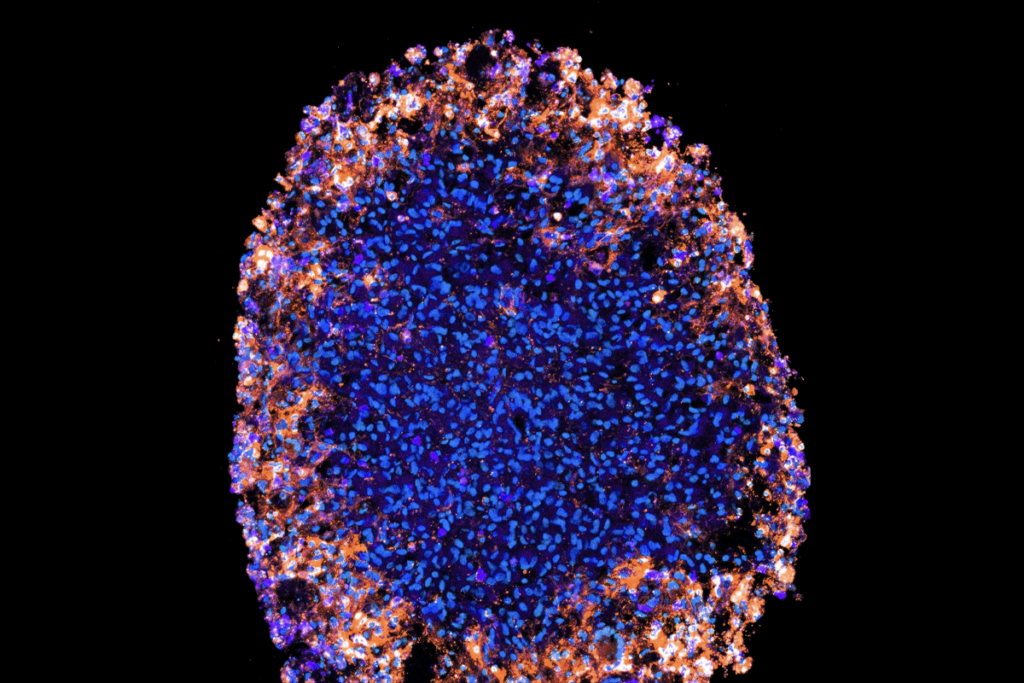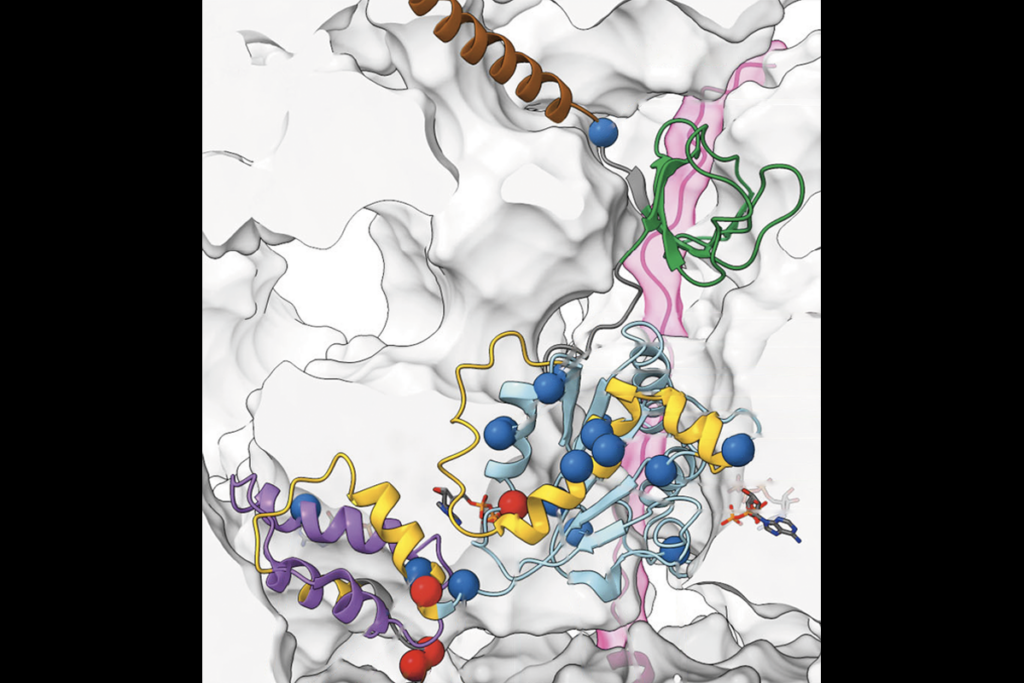
Autism traits aren’t just topics to study — they can also educate, hearten and inspire — as some scientists have discovered. For instance, researchers have found inspiration for autism studies or innovative sports programs in the unusual behavior or abilities of their own or others’ children on the spectrum.
We asked a few researchers to tell us something surprising that they learned from a person with autism. They responded with tales of compassion, honesty and struggles to fit in. Here are their stories.
Holiday delight
Two women with autism once told me how much they love Christmas. I was amazed. Christmas can be so intense from a sensory and a social point of view, and I wouldn’t have predicted that to be autism-friendly. I love Christmas too, so we’re all getting excited about it together now.
–Sue Fletcher-Watson, chancellor’s fellow in developmental psychology, University of Edinburgh in Scotland
Caring counts
I had a surprising moment interacting with a young man with autism who works at the Duke Center for Autism and Brain Development. I was feeling especially hurried and stressed that day, but none of my colleagues seemed to notice. The young man approached me to ask how my day was going. I described my back-to-back appointments to him. He looked at me with concern and said, “Dr. Dawson, I think you need a break.” He was right, of course. Many people are unaware that people with autism are often very sensitive to others’ emotions.
–Geraldine Dawson, director, Duke Center for Autism and Brain Development in Durham, North Carolina
All you need is…
I learned a long time ago that people with autism have deep and enduring needs for love and contact that are as strong as they are for neurotypicals.
–Jonathan Green, professor of child and adolescent psychiatry, University of Manchester in the United Kingdom
Exhausting disguise
I spoke with a young woman who has autism, and she talked about how taxing and exhausting it is to use social scripts and to try and ‘camouflage’ her disability to fit in with peers. Even though some individuals with autism may appear to understand social demands at times, and they may execute the socially appropriate behaviors, they may not understand the rationale or be able to integrate the social behaviors over time. This part I knew.
The part that surprised me was how exhausting this can be. I was struck by the impact this has on her overall well-being. And it made me rethink the supports we offer and treatment strategies we are employing for these women in particular.
–Pamela Ventola, assistant professor, Yale Child Study Center
Motivation matters
One thing I learned from a bright, autistic 7-year-old: I was pushing him a bit to do some pretend play with me, and after a few minutes of this, he gave me a disgusted look, put the baby doll in the crib, stuck a bottle in its mouth, covered it up with a blanket, then went back to lining up his trains. The message was clear: “I know what you want me to do and I can do it, but it’s not what I want to do.” At least in some cases, behavior is not a question of capacity but of motivation.
–Deborah Fein, professor of psychology, University of Connecticut in Storrs
Fresh perspective
One of my biking partners from when I lived in Minnesota is on the autism spectrum, although we’ve never talked about it, as it’s not really an issue. He has come to Europe several times to visit and bike with me. Compared with some people who take a long time to get to know, with my friend, there’s no peeling back the layers. What you see is what you get. It’s very transparent and refreshing.
-Tonya White, associate professor of child and adolescent psychiatry and radiology, Erasmus University in the Netherlands
Common complaint
I have seen a number of adolescent girls over the past year with previously unrecognized autism. The stress these girls face at school is far greater than I had previously anticipated. ‘Struggling to be normal’ is a common complaint, even among girls with intelligence quotients over 140. Compensation is not without its costs. Though not entirely surprising, this has strongly influenced my clinical approach to the girls and their parents.
Such children often have some good peer relationships and appear to fit into their social world relatively well. But when their compensation breaks down, they present with emotional difficulties in adolescence that must be managed in the context of their autism. Effective treatment requires both a medical approach and also modified psychological therapy based on an understanding of the etiological factors underlying the presentation of anxiety or depression.
–David Skuse, professor of behavioral and brain sciences at University College London
Sensing surprise
I learned from parents of individuals with autism that a major life challenge is the difficulty going outside the home, due to the behavioral responses their children exhibit to certain sensory stimuli. These may include hiding or screaming in response to loud noises such as fireworks, but also sometimes unusual reactions to apparently innocuous objects, such as a cardboard box. A person with autism might, for example, be determined to compress the box until it’s flat, irrespective of whether this is an appropriate behavior.
–Matthew Anderson, associate professor of pathology, Harvard University
Recommended reading

Among brain changes studied in autism, spotlight shifts to subcortex
Home makeover helps rats better express themselves: Q&A with Raven Hickson and Peter Kind
Explore more from The Transmitter

Dispute erupts over universal cortical brain-wave claim
Waves of calcium activity dictate eye structure in flies

